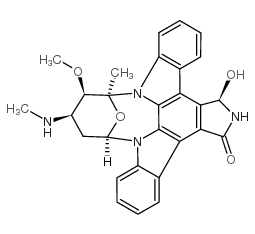| 结构式 | 名称/CAS号 | 全部文献 |
|---|---|---|
 |
咖啡因
CAS:58-08-2 |
|
 |
UCN-01
CAS:112953-11-4 |
| 结构式 | 名称/CAS号 | 全部文献 |
|---|---|---|
 |
咖啡因
CAS:58-08-2 |
|
 |
UCN-01
CAS:112953-11-4 |